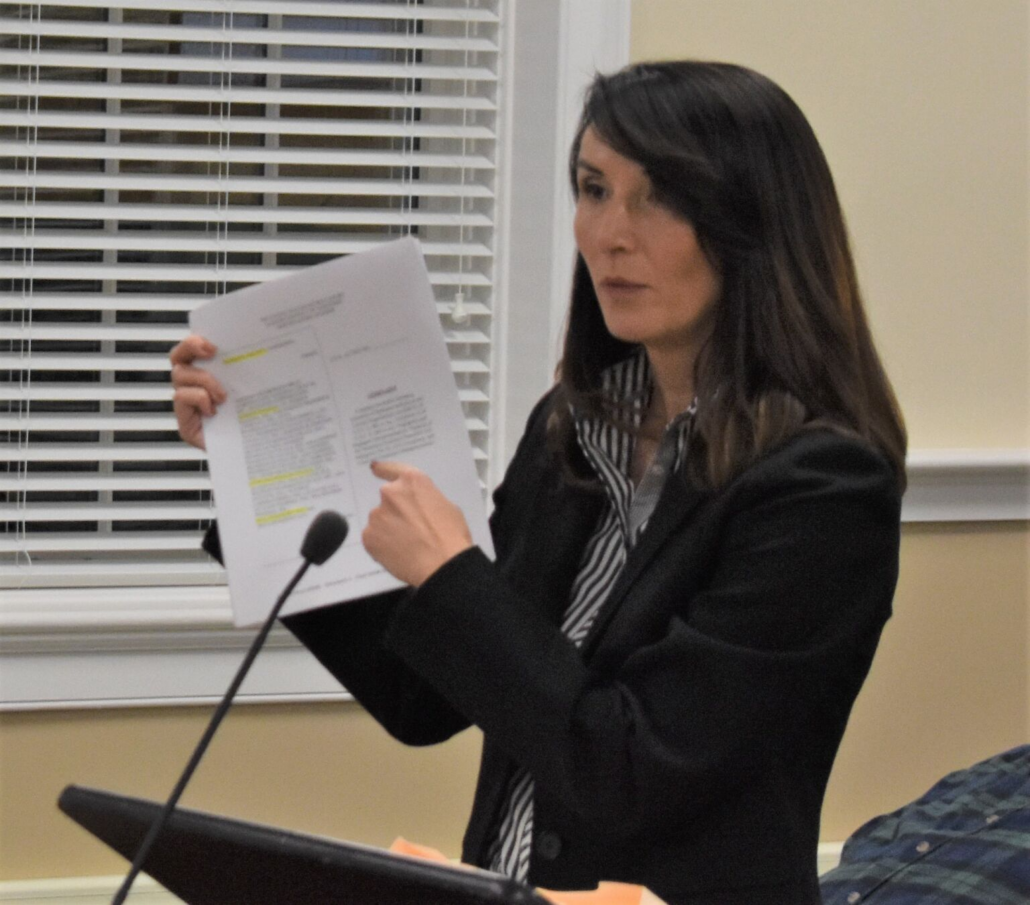Hawkins votes to accept opioid lawsuit settlement with bankrupt Purdue Pharma
By Jeff Bobo (Times News) | July 10, 2021
ROGERSVILLE — The Hawkins County Commission has authorized an attorney representing the county in one of its two pending opioid lawsuits to vote in favor of a settlement next week.
The overall settlement is $4.5 billion, of which Tennessee is expected to get $134 million. Hawkins County’s share has yet to be determined.
Greeneville attorney Tom Jessee told the commission at its June 28 meeting that claimants in the lawsuit against Purdue Pharma, including Hawkins County, have a July 14 deadline to file a vote in New York Bankruptcy Court to accept Purdue Pharma’s proposed bankruptcy plan of reorganization.
That court will hold a confirmation hearing on Aug. 9 to consider whether to approve the plan.
Under the proposed plan, Purdue will be dissolved and its operating assets will be transferred to a newly formed company with a mission of addressing the opioid crisis.
The Sackler families that founded the company currently have no role in Purdue Pharma and will have no involvement in the new company.
The Sackler families will sell nearly all of their interests in their foreign pharmaceutical businesses and will be prohibited from future active participation in the business of making and selling opioids.
Under the proposed plan, the Sackler families have agreed to pay $4.275 billion over nine years, in addition to the $225 million previously paid to the United States to resolve civil claims, for a total settlement of $4.5 billion.
“The need for this vote is to file your claim saying that you will accept the plan,” Jessee told the commission. “The judge has approved the plan as written, and assuming there are enough positive votes they’ll implement the plan as proposed. We are recommending — both the local counsel and the team counsel that have been representing you — to vote yes for the plan.”
Assuming the Purdue settlement is approved, that’s not the end of the overall lawsuit.
There is a case pending in West Virginia before a federal judge involving three counties versus opioid distributors that haven’t filed for bankruptcy. Jessee said that case should last another four to five weeks and should tell a lot more about how claims against the distributors will be resolved.
Of the 16 Tennessee counties Jessee represents in the lawsuit, he said all that he had contacted had agreed to vote in favor of the settlement with Purdue Pharma, except three that he had yet to meet with as of last week.
“Once they (bankruptcy court) see what the votes are, assuming its accepted, I’ll be back to explain in a little more detail,” Jessee said. “Additionally, last week Johnson & Johnson settled with the state of New York only, for a total of $220 million. That only affects the state of New York. You have claims against them as well, as do most of the other counties, cities, and states around the country.”
Jessee said that Johnson & Johnson settlement is critical because it’s an indication the company doesn’t want to go to trial. He said there should be more to report on the outcome of the overall opioid lawsuit within 90-100 days.
The commission voted 18-0 in favor of voting in favor of the Purdue settlement.
Earlier this year Hawkins County also joined Attorney General Dan Armstrong’s separate opioid lawsuit.
Armstrong’s suit was filed under the Tennessee Drug Dealer Liability Act, which states babies harmed by their mother’s opioid use may sue for damages caused by the use of illegal opioids if there is clear and convincing evidence that the drug companies knowingly facilitated the distribution of opioids in the illegal drug market.
That 2017 state lawsuit was filed against three prescription narcotics manufacturers by Branstetter, Stranch and Jennings on behalf of Northeast Tennessee Attorneys General Barry Staubus (Sullivan County), Tony Clark (Washington County) and Armstrong, who represents Hawkins, Hamblen, Greene and Hancock counties.
A subsequent Supreme Court ruling stated that attorney generals cannot be the plaintiff in the lawsuit. As a result, earlier this year Armstrong asked city and county governments within his four county district to join his lawsuit.
Based on a ruling handed down in Sullivan County Chancery Court in April, Armstrong told local governments his lawsuit has essentially been won, and all that’s left to determine is how much money the jury will award to the plaintiffs.
Article Source: Times News
Hawkins votes to accept opioid lawsuit settlement with bankrupt Purdue Pharma



